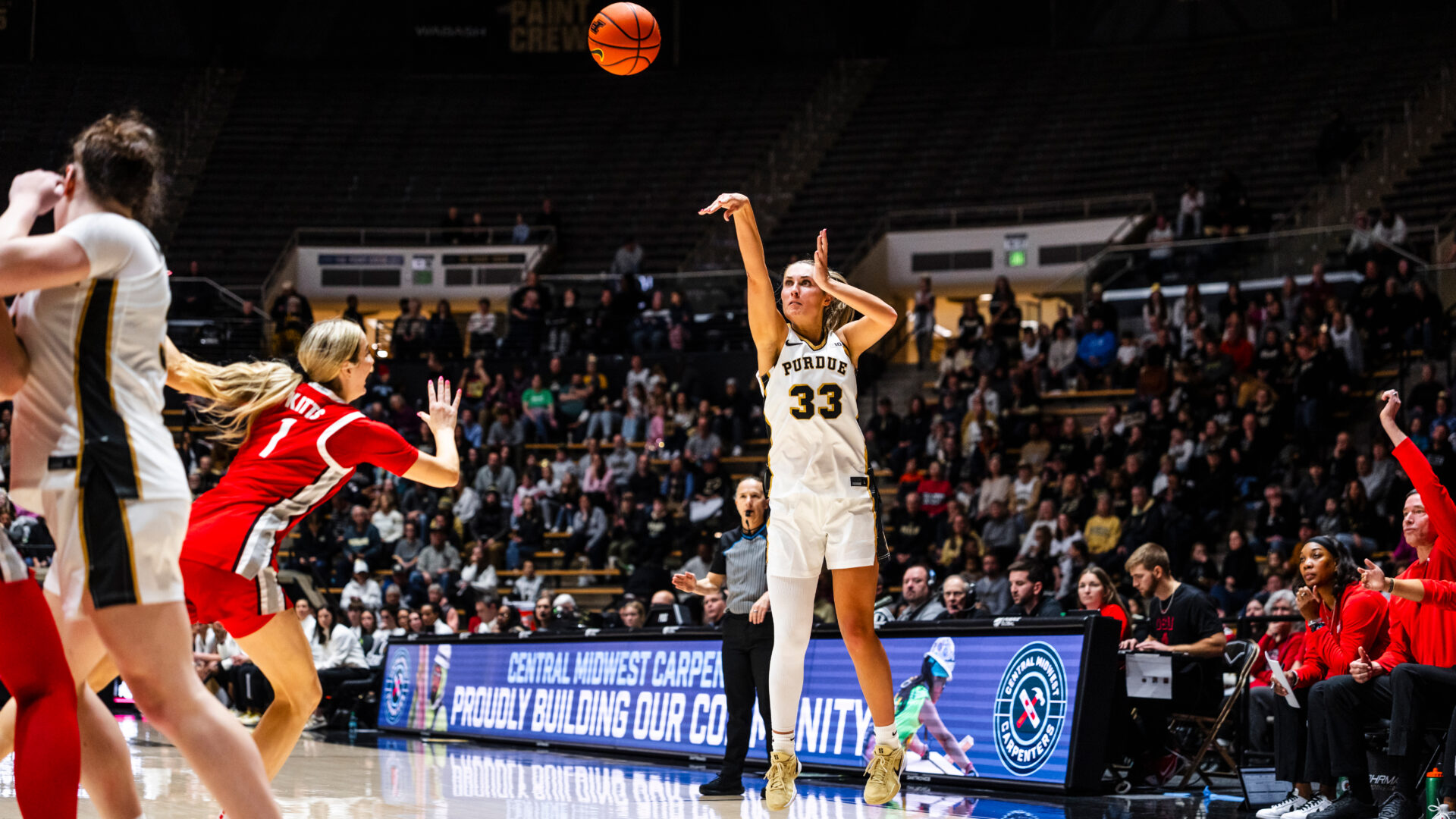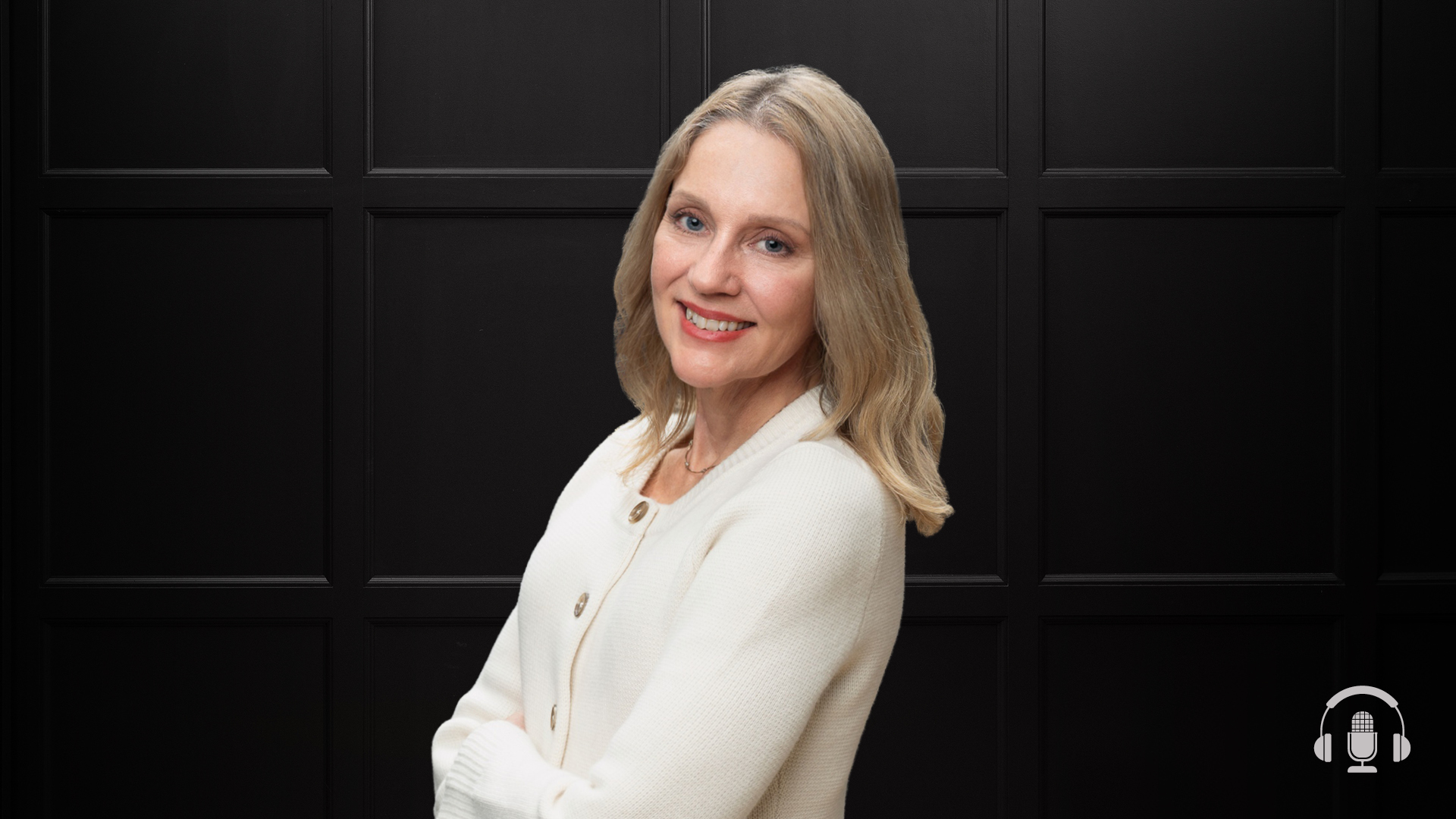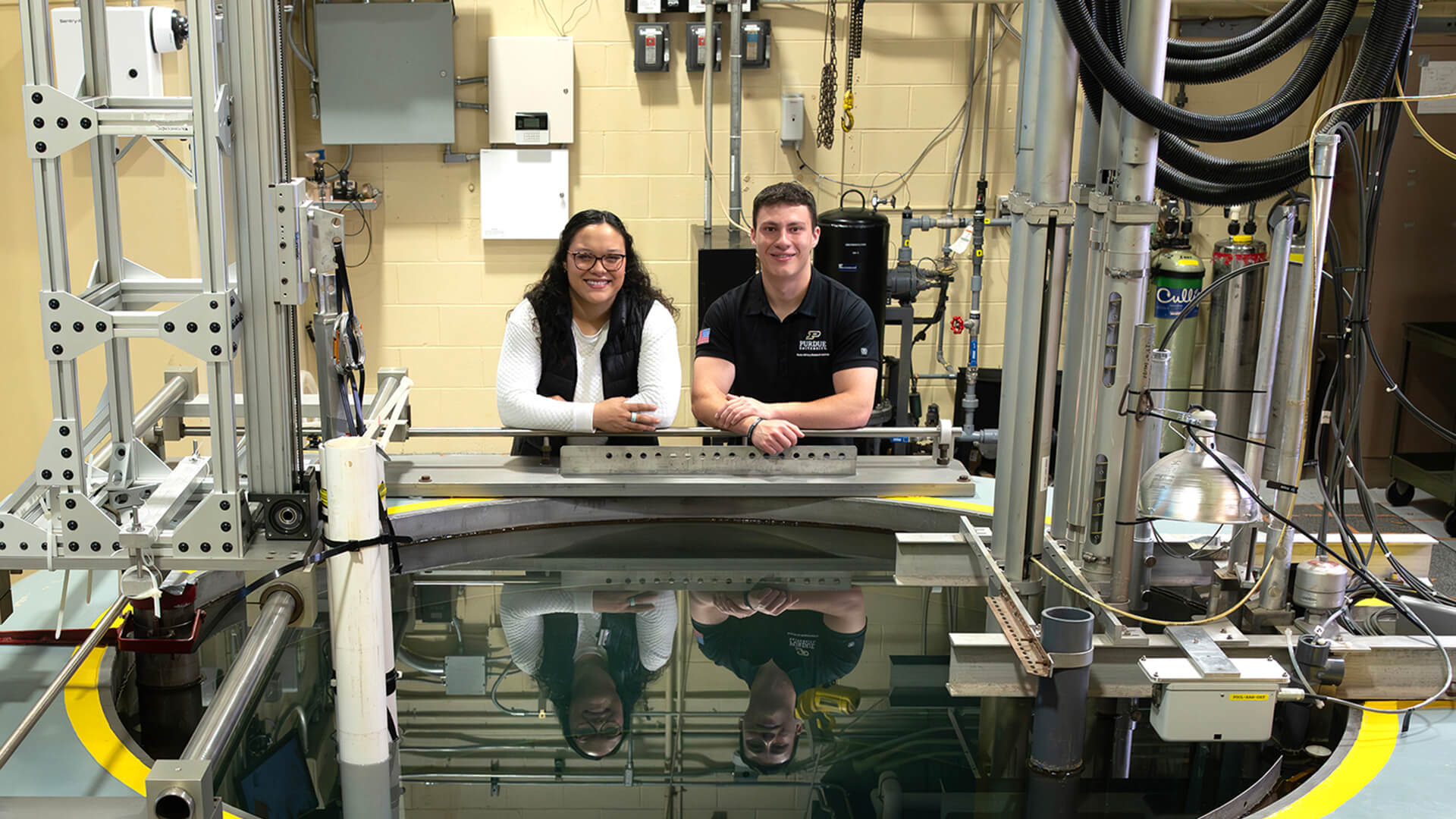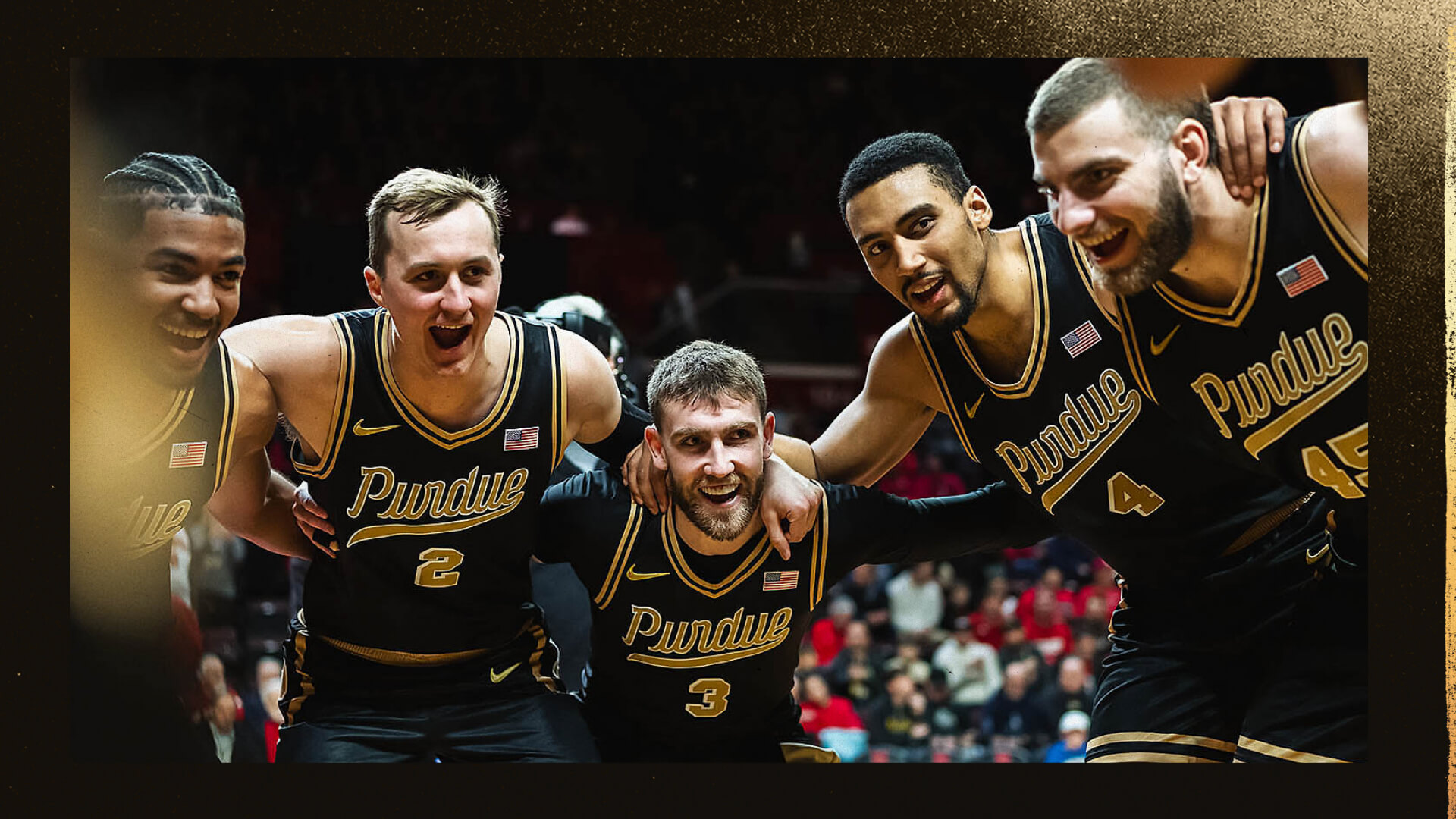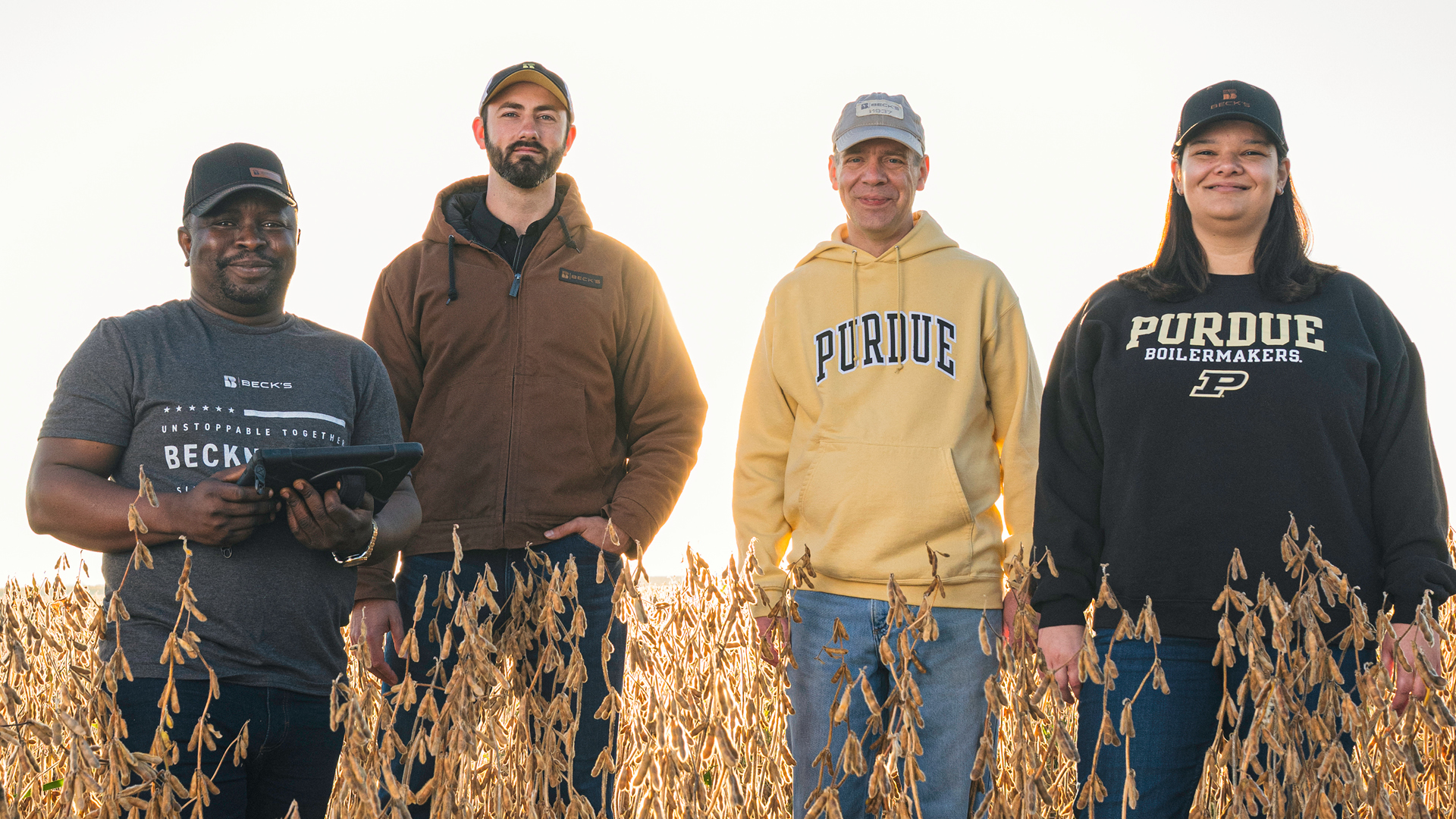Improving public health information literacy
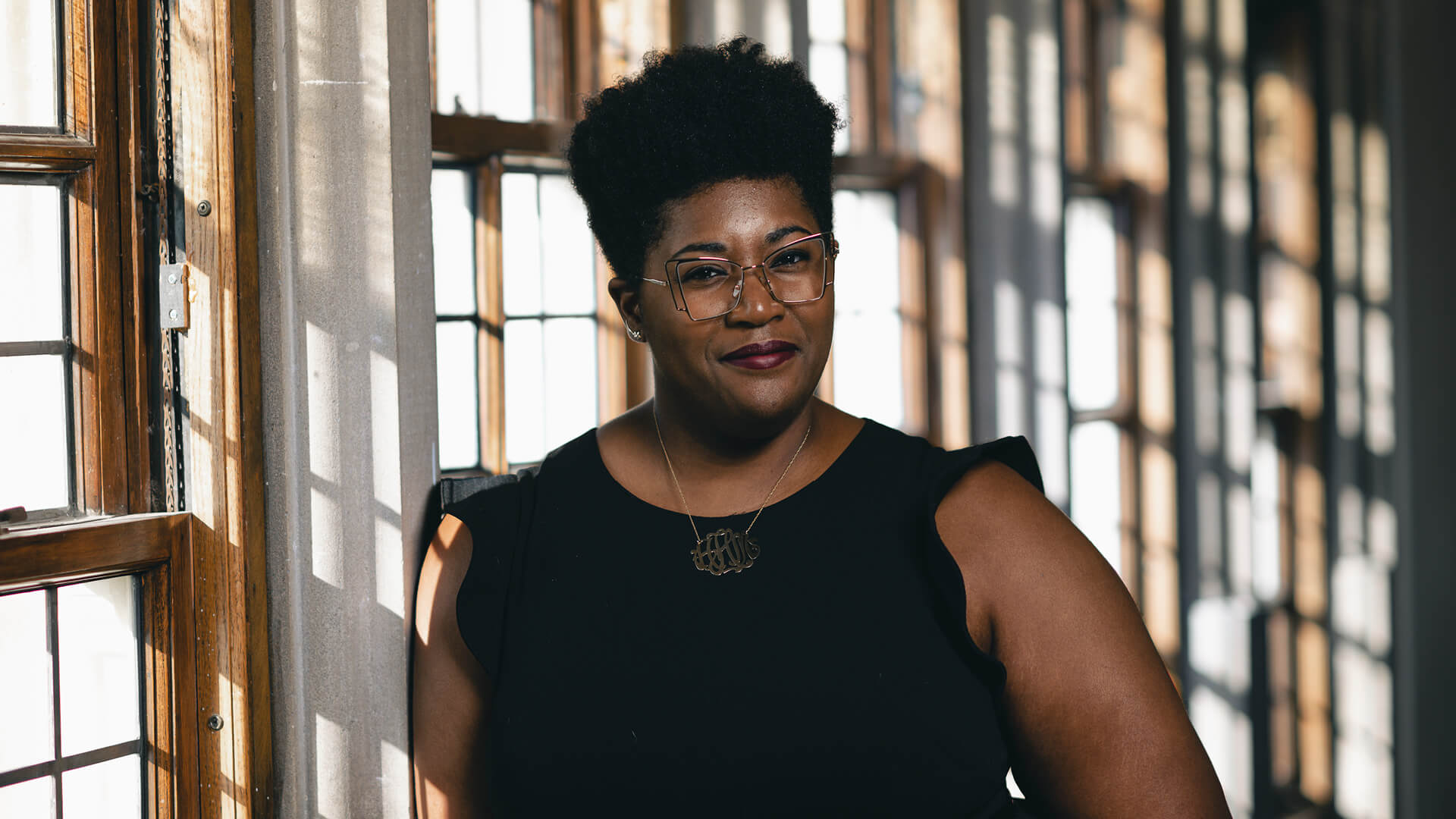
Andrea Hayes, assistant professor of libraries and information studies, works to ensure that accurate and reliable health information is widely accessible by diverse populations. (Purdue University photo/Charles Jischke)
Purdue’s Andrea Hayes tackles issues of misinformation surrounding endometriosis
Misinformation is rampant, and sometimes it’s difficult to separate fact from fiction. When it comes to public health, information literacy is critical to enable understanding and affirm credibility.
“Information literacy is fundamental to public health,” says Andrea Hayes, an assistant professor and health and critical information literacy librarian in the Libraries and School of Information Studies at Purdue University. “Working in health information literacy, I want to understand how people research health information, how they comprehend that information and how we can make information more accessible.”
Basic literacy is one factor. Can the individual read medical information or prescription labels? Is it written in a language they understand? Medical terminology is another aspect of information literacy. When a physician uses the term palliative care, does the patient know what that means?
Working in health information literacy, I want to understand how people research health information, how they comprehend that information and how we can make information more accessible.
Andrea Hayes
Assistant professor of libraires and information studies
In her research, Hayes focuses on women’s health, particularly endometriosis. The condition – in which the lining of the uterus grows outside the uterus, causing pain and possibly infertility – affects roughly 10% of reproductive-age women and girls globally.
“People often turn to the internet for information,” Hayes says. “There are a lot of blogs out there covering health information. In some cases, blogs could be an authoritative information resource because when they are written by a certified medical professional, they are checking facts or they cite reputable resources. But in a lot of cases, it’s just someone sharing their opinions, which isn’t a source of credible information.”
Deciphering whether a resource is credible can be difficult when information is shared by seemingly reputable sources. Barriers to accepting information may also be rooted in an individual’s experiences or cultural identity.
“My grandparents grew up in Alabama in the Jim Crow South,” Hayes says. “They’ve witnessed and experienced a lot of inequities. When I’m trying to work through an issue, I’ll sometimes ask whether something similar happened in the past and how they figured it out. A lot of Black communities are still navigating decades of medical mistrust.”
Discussing reproductive health issues can be difficult for some women, especially if they’ve grown up in a culture where women’s health topics are seen as taboo. As more public figures share their experiences with endometriosis, Hayes hopes those disclosures will embolden other women to talk more openly about the sometimes-debilitating disorder.
“When it comes to women’s reproductive health, the topic can still be taboo in many communities, particularly in communities of color,” Hayes says. “As women seek out information about endometriosis, I want to determine the role social media plays in providing them with information. I’m also interested in assessing whether medical terminology affects a woman’s ability to access information if she doesn’t know the exact name of the clinical condition to search for.”
At a conference Hayes attended, one of the speakers proclaimed, “All health is public health.” That notion serves as a primary motivator for Hayes in her research.
“I really believe in making health information accessible and equitable for all people,” Hayes says. “As a librarian, I want to make sure that people have access to reliable and authoritative health information. I want to empower women to gain the knowledge necessary to advocate for their own health and to receive the best care available.”
Hayes was drawn to Purdue in part because her mother earned a PhD in American studies at the university. Now that she’s arrived in West Lafayette, Hayes is encouraged by the interdisciplinary collaborations across campus and hopes to find ways to work collectively with other members of the public health cluster hire.
“Purdue is internationally known for excellence,” Hayes says. “This group has the opportunity to create community health initiatives that will benefit Indiana citizens and improve the health of our communities. I see so much possibility.”
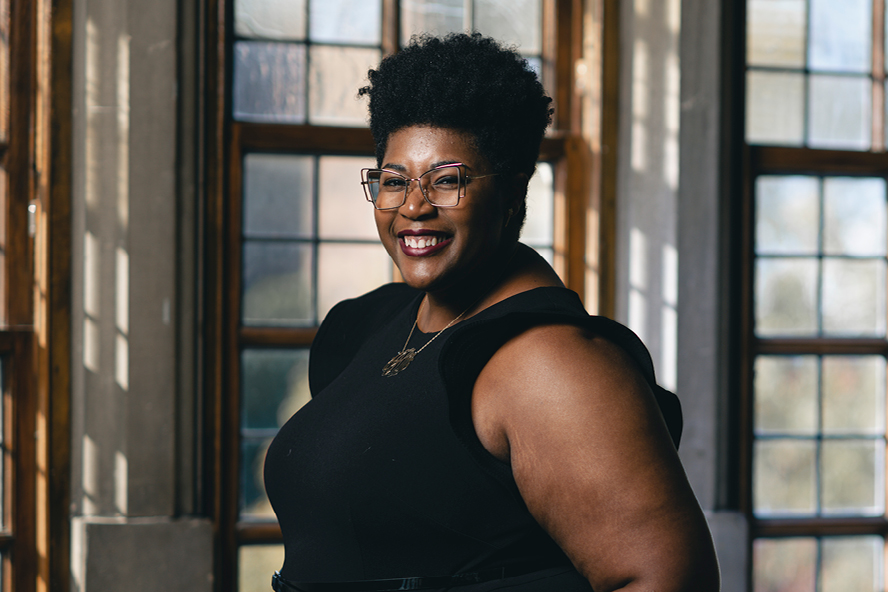
I really believe in making health information accessible and equitable for all people.
Andrea Hayes Assistant professor of libraires and information studies
